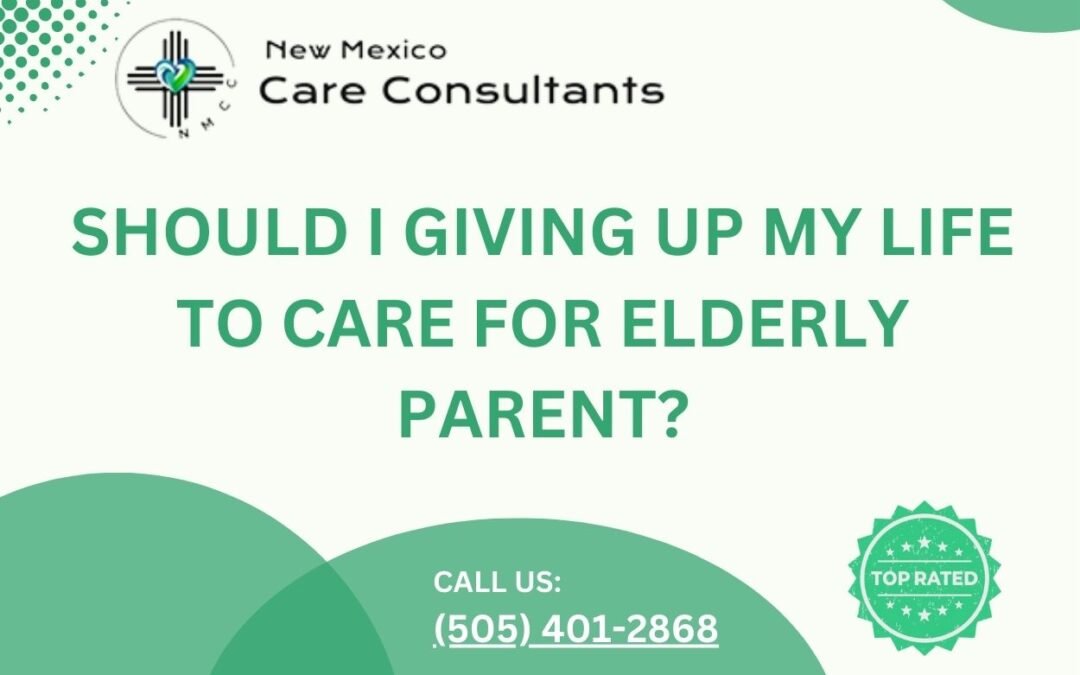As the population ages, many individuals find themselves facing the challenging decision of whether to dedicate their lives to caring for an elderly parent. This choice involves profound considerations, impacting both personal and professional aspects of one’s life. While the decision is deeply personal and dependent on various factors, it’s essential to weigh the implications carefully. This article delves into the complexities of this decision, exploring the emotional and practical aspects and considering the role of elder care government programs in providing support.
Emotional and Personal Considerations:
The decision to devote one’s life to caring for an elderly parent is often driven by a strong sense of familial responsibility, love, and the desire to ensure the well-being of a cherished family member. However, it’s crucial to acknowledge the emotional toll that caregiving can take. Striking a balance between fulfilling personal obligations and maintaining one’s own well-being is a significant challenge.
The emotional aspects include witnessing the physical and mental decline of a loved one, handling the potential strains on personal relationships, and grappling with the sacrifices involved. It’s important for individuals contemplating this decision to consider their own emotional resilience and whether they have a robust support system in place.
Practical Considerations:
Practical considerations play a pivotal role in deciding whether to give up one’s life to care for an elderly parent. This involves evaluating the financial implications, potential impact on one’s career, and the practicalities of providing round-the-clock care.
Financial considerations include assessing whether there are sufficient resources to support both the caregiver and the elderly parent. It’s essential to consider the potential loss of income if the caregiver needs to reduce or stop working. Additionally, factoring in the cost of healthcare, medications, and any necessary home modifications is crucial.
The impact on one’s career is another significant consideration. Leaving the workforce or reducing working hours to provide care can have long-term consequences on career progression and financial stability. Individuals must evaluate their career goals and the potential challenges of re-entering the workforce after an extended caregiving hiatus.
Elder Care Government Programs:
Recognizing the challenges faced by individuals caring for elderly parents, various elder care government programs aim to provide support and alleviate some of the financial burdens. These programs offer assistance in the form of financial aid, respite care services, and resources to help navigate the complexities of caregiving.
In the United States, programs such as Medicaid and the Older Americans Act contribute to supporting caregivers. Medicaid, a joint federal and state program, may cover some long-term care services, including home and community-based care, depending on the individual’s financial eligibility and the state’s specific policies.
The Older Americans Act, on the other hand, funds services such as home-delivered meals, transportation assistance, and respite care, providing much-needed relief for caregivers. Respite care programs are particularly valuable, offering temporary breaks for caregivers to attend to personal needs, work, or simply recharge.
Seeking Professional Advice:
Before making the decision to give up one’s life to care for an elderly parent, seeking professional advice is crucial. Consultations with financial advisors, elder care specialists, and legal professionals can provide valuable insights into the potential implications and available resources. Understanding the full scope of elder care government programs and how they can be leveraged to ease the caregiving journey is essential.
Conclusion:
Deciding whether to give up one’s life to care for an elderly parent is a profound and complex choice. Balancing the emotional and practical aspects, while considering the available support from elder care government programs, is crucial. It’s essential for individuals to weigh the impact on their own well-being, relationships, and financial stability before committing to a caregiving role. Seeking professional advice and exploring the resources provided by government programs can contribute to a more informed decision, ensuring the best possible care for both the caregiver and the elderly parent.

